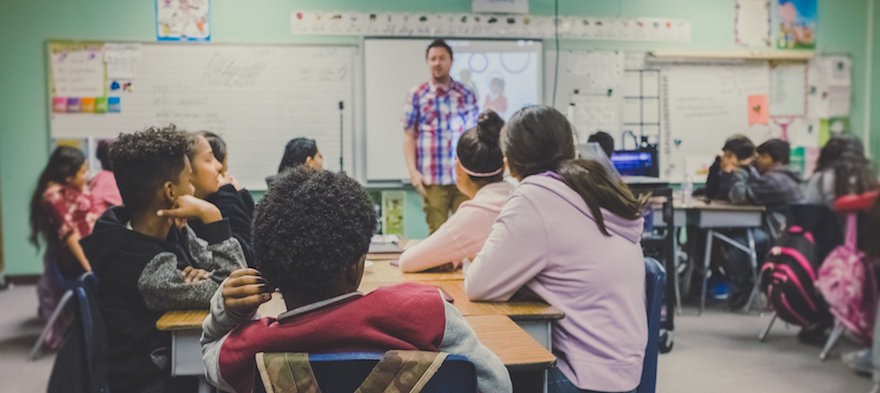
Oct 10, 2018 12:00:00 AM
A native New Yorker, Derwin Sisnett was born and raised in a neighborhood in desperate need of revitalization. While he attended a high performing high school in an affluent part of the city, his daily commute to and from school highlighted the stark contrast between the two neighborhoods. His passion for developing holistic communities was born from that experience. Derwin has spent the last decade in community development and public education, with a particular focus on maximizing community assets. Derwin earned a BA in Psychology from Emory University, an MFA in Creative Writing from Hollins University, and is currently wrapping up a PhD in Educational Psychology from the University of Memphis. Derwin is also a Pahara-Aspen Fellow and a Broad Academy Fellow.
The story you tell yourself about your own math ability tends to become true. This isn’t some Oprah aphorism about attracting what you want from the universe. Well, I guess it kind of is, but...
If you have a child with disabilities, you’re not alone: According to the latest data, over 7 million American schoolchildren — 14% of all students ages 3-21 — are classified as eligible for special...
The fight for educational equity has never been just about schools. The real North Star for this work is providing opportunities for each child to thrive into adulthood. This means that our advocacy...
Your donations support the voices who challenge decision makers to provide the learning opportunities all children need to thrive.
Ed Post is the flagship website platform of brightbeam, a 501(c3) network of education activists and influencers demanding a better education and a brighter future for every child.
© 2020–2024 brightbeam. All rights reserved.
Leave a Comment